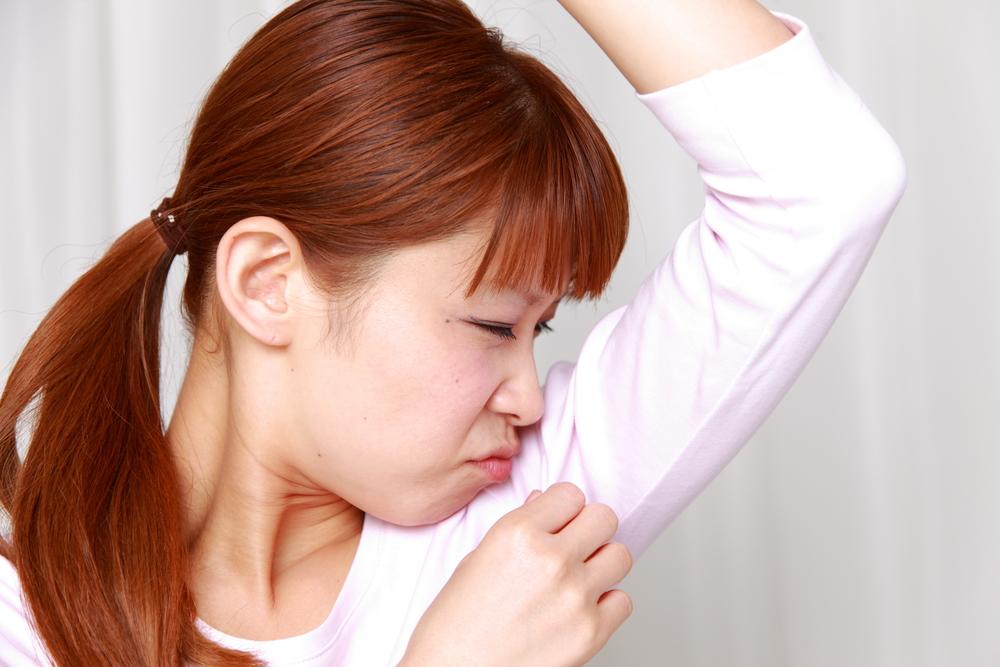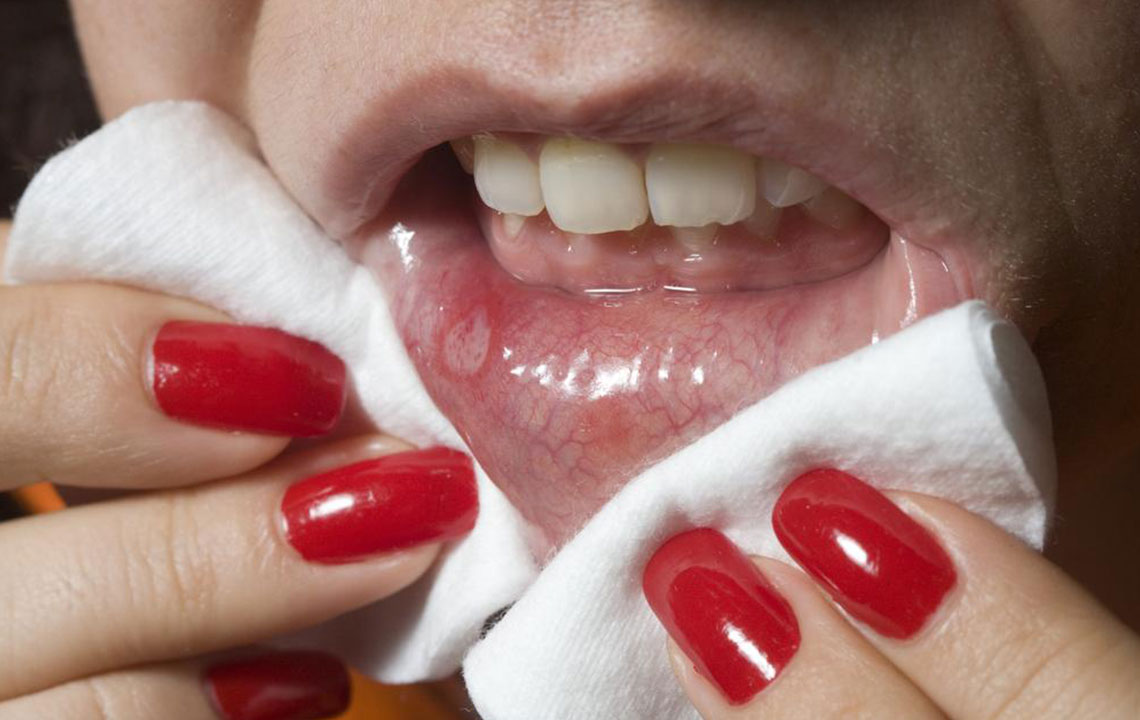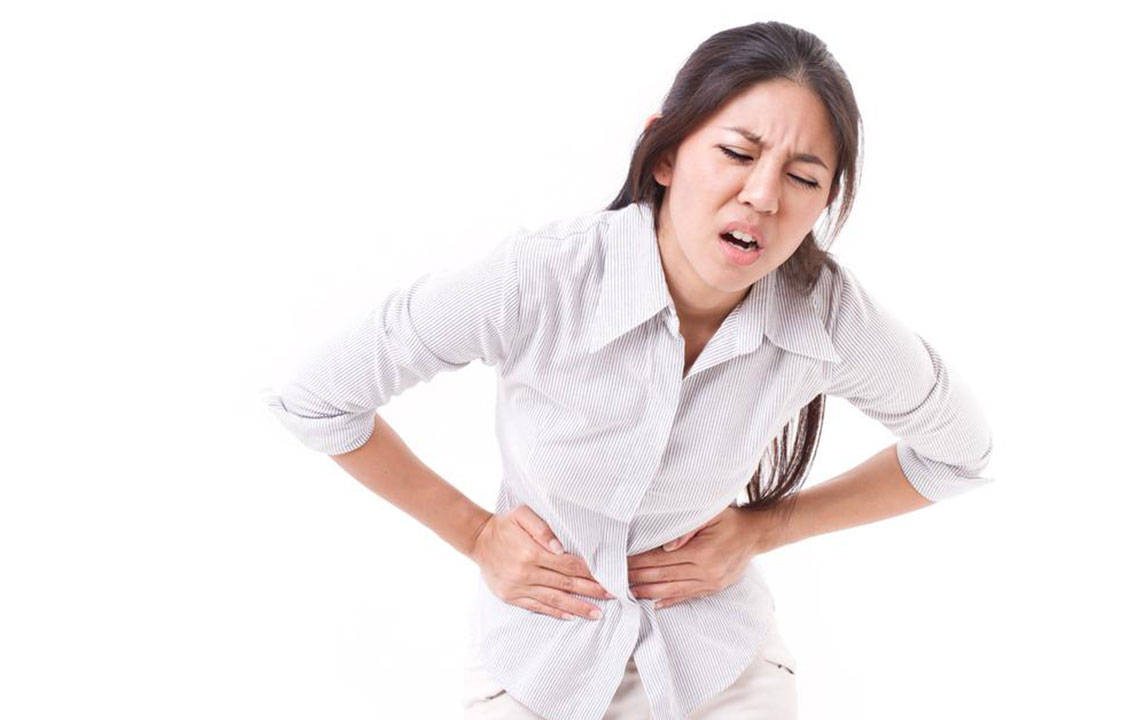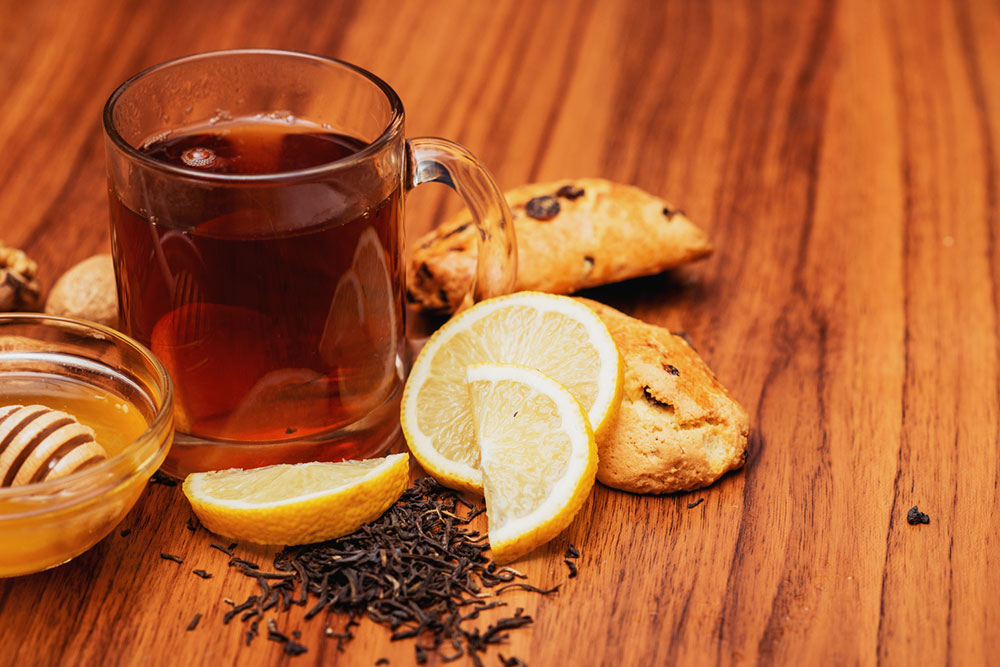Effective Natural Solutions for Urinary Tract Infection Relief
Discover natural remedies and hygiene tips for effectively managing urinary tract infections. Simple lifestyle adjustments like hydration, hygiene, and cranberry intake can prevent and alleviate UTI symptoms. Consult a healthcare professional if infections persist to avoid complications.
Sponsored
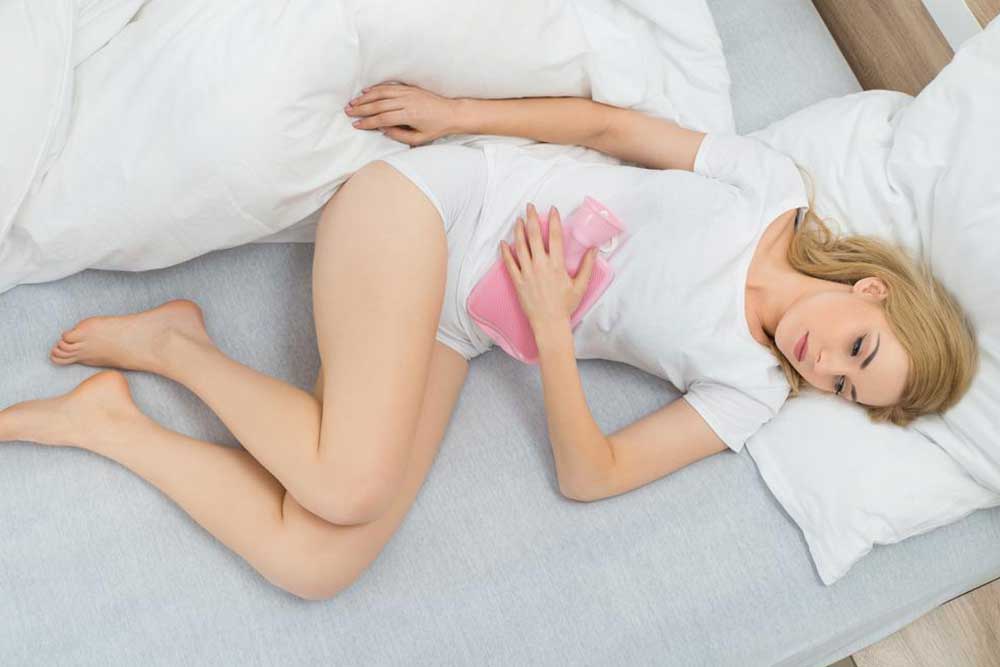
Natural Strategies to Alleviate Urinary Tract Infection
Understanding Urinary Tract Infection (UTI)
UTI is an infection of the urinary system, commonly affecting the bladder (lower UTI) or kidneys (upper UTI). Women are more prone to developing UTIs.
Causes and Symptoms
UTIs result from bacteria, mainly E. coli, entering the urinary tract through the urethra and multiplying in the bladder. This condition requires medical treatment, often antibiotics.
The typical symptoms include:
Frequent urge to urinate
Burning sensation during urination
Cloudy or foul-smelling urine
Slight pelvic discomfort
Natural Ways to Manage UTI
Several natural methods may help alleviate UTIs:
Drink water abundantly and urinate frequently to flush bacteria from the system.
Practice proper hygiene by wiping front to back after urination to prevent bacteria from reaching the urethra.
Wash before sexual activity and urinate afterward, using gentle cleansers and water.
Urinating after intimacy helps eliminate bacteria entering the urinary tract.
Avoid scented feminine products, such as soaps, powders, or deodorants, around the vaginal area.
Women using spermicidal contraceptives should consider alternative birth control methods if prone to frequent UTIs.
Post-menopause, reduced estrogen levels can increase infection risk; using pH-balanced intimate washes can help.
Cranberries are believed to inhibit bacteria attachment in the urinary tract, offering preventive benefits.
Be cautious when using public restrooms.
Opt for showers over baths to reduce infection risk.
If natural remedies do not resolve symptoms, seek prompt medical attention to prevent bladder complications.


